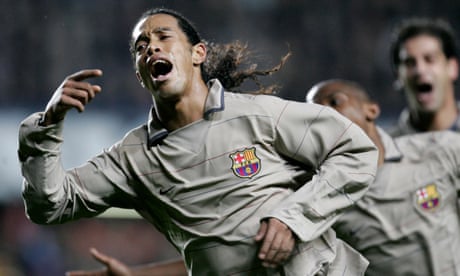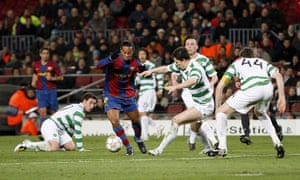Outline two measures of inflation in the UK and explain how they are calculated.
wo commonly used measures of inflation in the UK are the Consumer Price Index (CPI) and the Retail Price Index (RPI). Let's explore how they are calculated:
- Consumer Price Index (CPI): The CPI measures changes in the average price level of a basket of goods and services consumed by households. It covers a wide range of goods and services, including food, clothing, housing, transportation, education, healthcare, and recreation. Here's a general overview of how CPI is calculated:
a. Basket Selection: A representative basket of goods and services is selected based on the spending patterns of households. The composition of the basket is periodically reviewed to ensure it reflects current consumption patterns accurately.
b. Price Collection: Prices for the items in the basket are collected on a regular basis from various outlets, including retail stores, service providers, and online platforms.
c. Weighting: Each item in the basket is assigned a weight based on its importance in the average household expenditure. The weights are determined by conducting surveys and analyzing expenditure data.
d. Price Index Calculation: The price index is calculated by comparing the current prices of the basket items to their prices in a base year. The prices are multiplied by their respective weights, and the weighted price changes are summed to derive the overall index.
e. Inflation Calculation: The inflation rate is then calculated as the percentage change in the CPI index between two periods.
- Retail Price Index (RPI): The RPI is another measure of inflation that includes a broader range of goods and services compared to the CPI. The RPI was traditionally used as the main measure of inflation in the UK but has been largely superseded by the CPI. Here's a brief explanation of how the RPI is calculated:
a. Basket Selection: Similar to the CPI, a basket of goods and services is selected to represent household expenditure patterns. However, the RPI basket tends to include a higher proportion of housing-related costs, such as mortgage interest payments and council tax.
b. Price Collection: Prices for the items in the basket are collected from various sources, including retailers, service providers, and housing providers.
c. Weighting: Each item in the basket is assigned a weight based on its importance in household expenditure. The weights are derived from expenditure surveys and other data sources.
d. Price Index Calculation: The RPI index is calculated by summing the weighted price changes of the basket items. Unlike the CPI, the RPI uses a different mathematical formula known as the Carli formula, which tends to give slightly higher weight to price changes.
e. Inflation Calculation: The inflation rate is determined as the percentage change in the RPI index between two periods.
It's worth noting that both the CPI and RPI calculations undergo periodic revisions to reflect changes in consumption patterns and improve the accuracy of inflation measurement. These measures provide valuable insights into changes in the cost of living, price stability, and the overall health of the economy.

